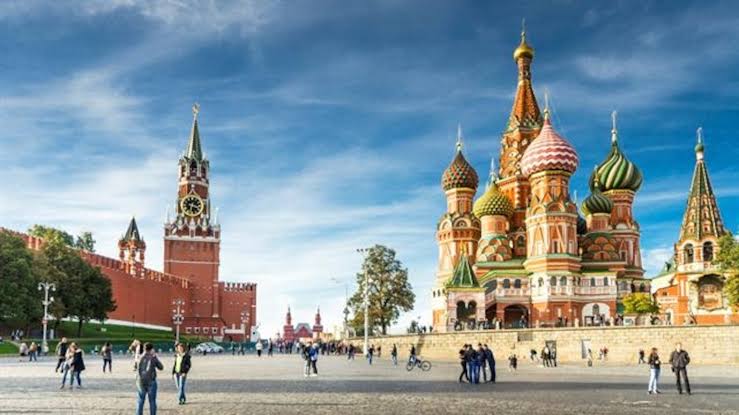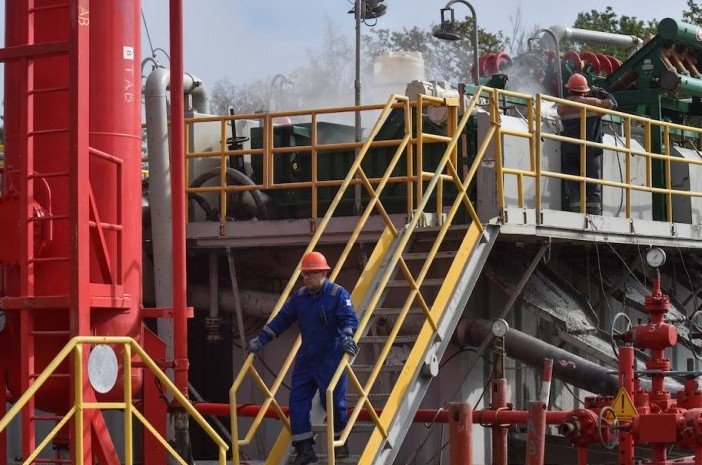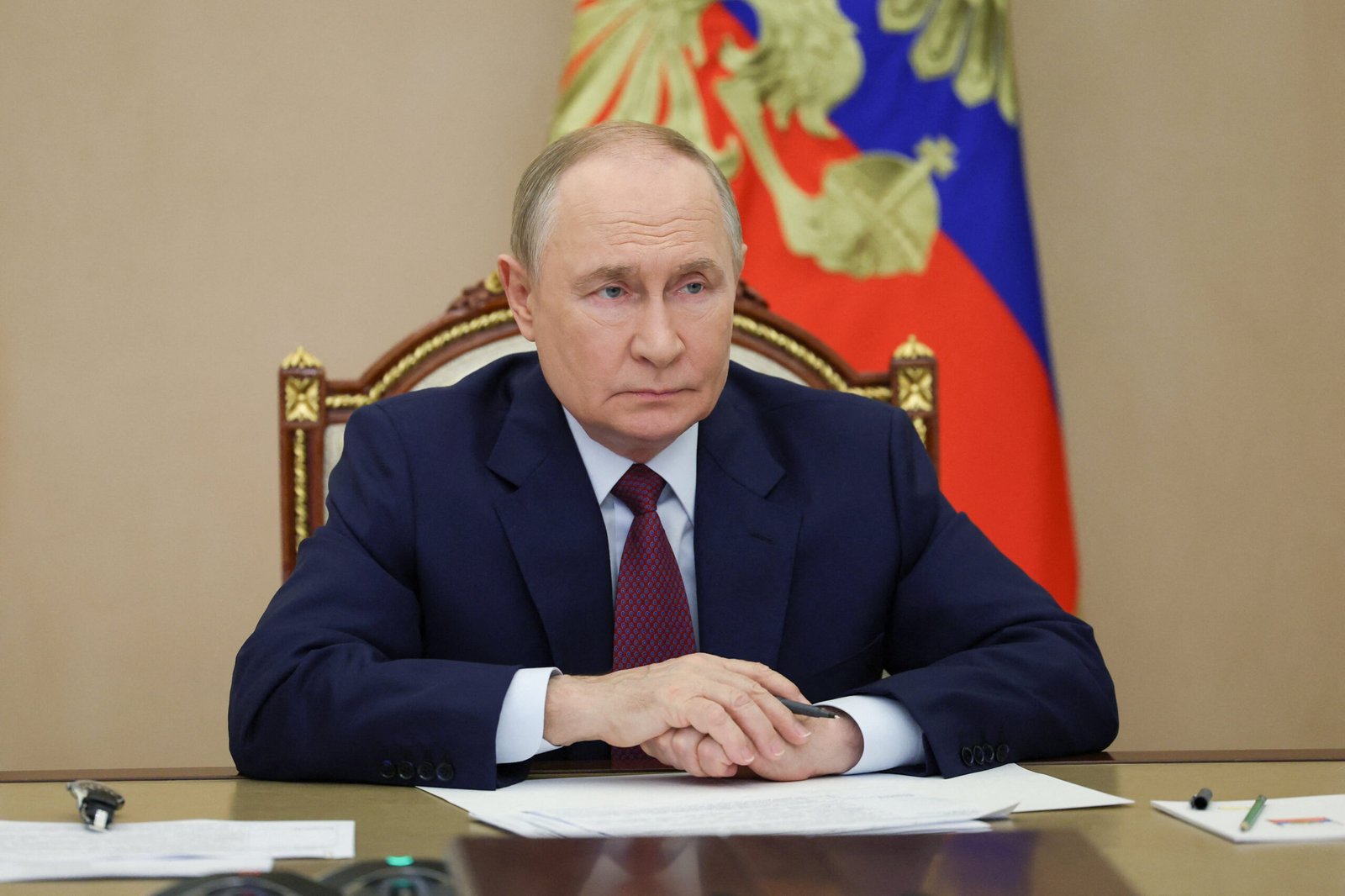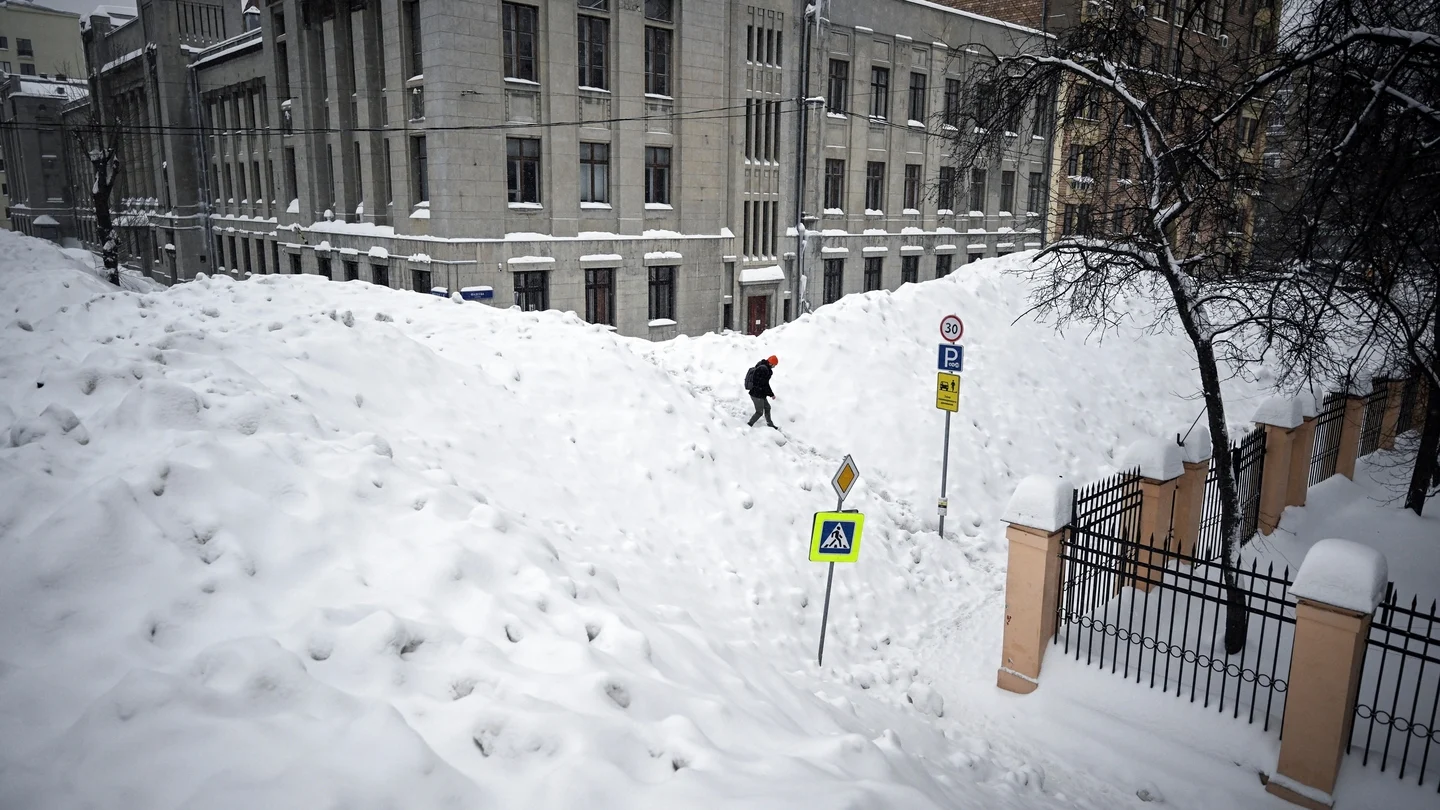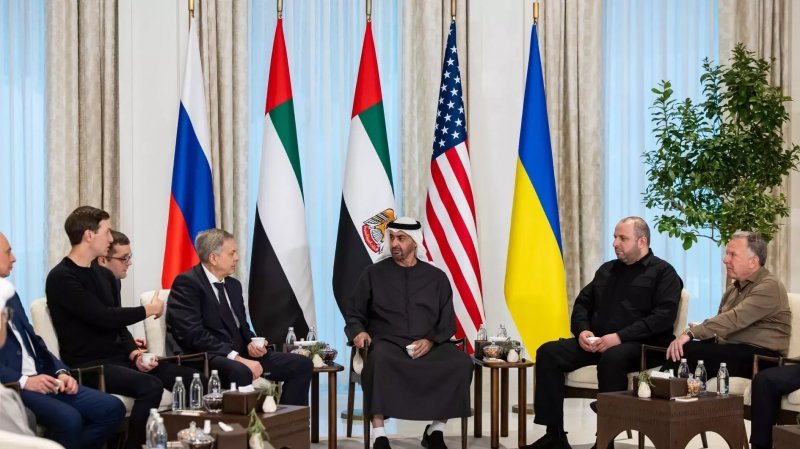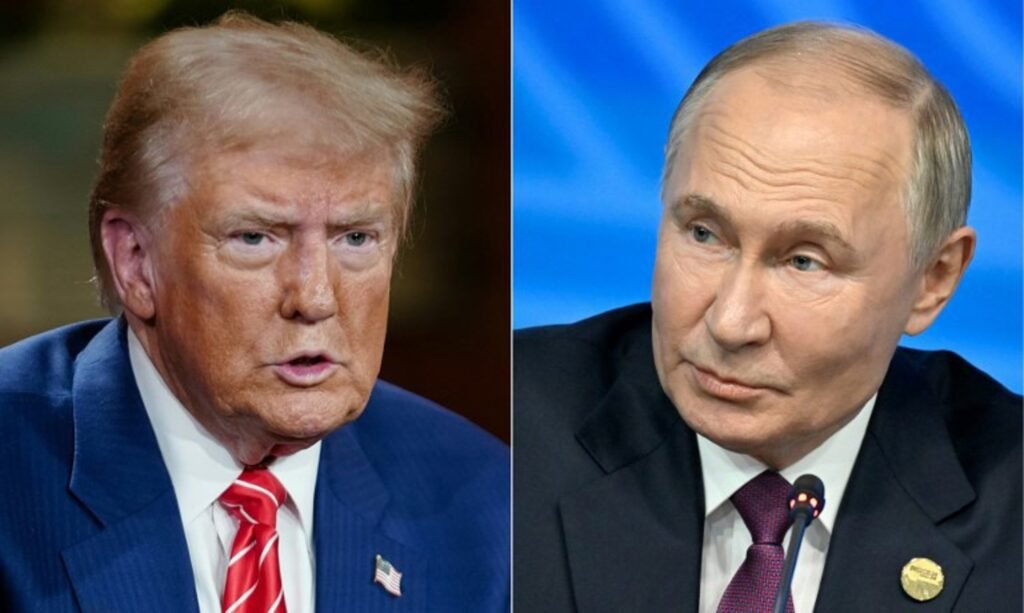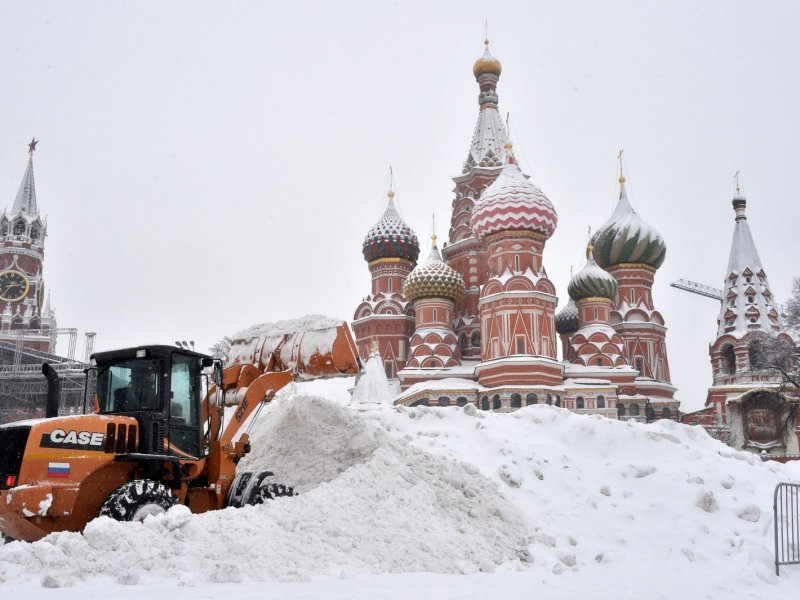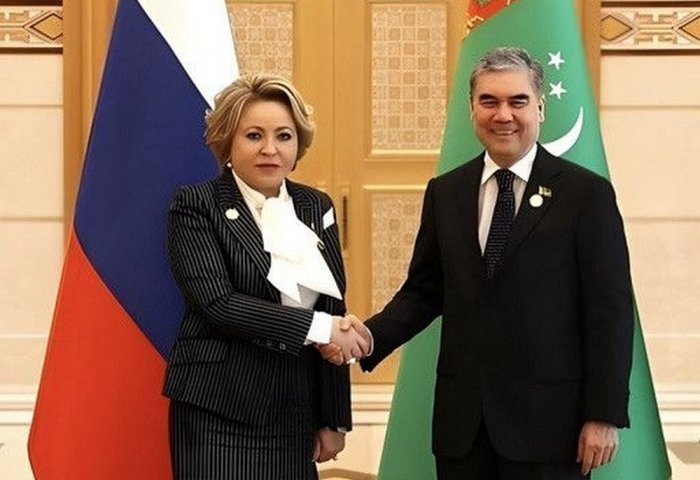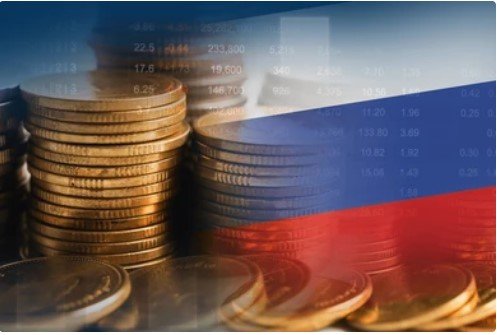Moscow, April 21, 2024, The Europe Today: On Saturday, Kremlin spokesman Dmitry Peskov issued a stern warning to the United States, stating that Moscow would not leave unanswered any potential decision by the US to hand over frozen Russian assets to Ukraine. Peskov’s remarks came in response to the US Congress greenlighting a possible transfer of assets.
“If America proceeds with this plan, it will have to pay for it,” Peskov asserted during a press briefing. He emphasized that Moscow had not set specific time limits for responding but would tailor its actions to best serve Russia’s interests.
The Kremlin spokesman cautioned that confiscating Russian assets would not only violate the principle of property rights but also harm the US itself. Peskov argued that such actions would undermine the perception of the US as a safe destination for investment, potentially leading to capital flight and tarnishing the country’s global image.
Despite his warning, Peskov did not elaborate on the specific measures Moscow might take in response to the potential asset transfer.
The developments follow the US House of Representatives passing the Rebuilding Economic Prosperity and Opportunity (REPO) for Ukrainians Act, which paves the way for liquidating frozen Russian assets and transferring the proceeds to Ukraine. This legislative package also includes authorizing an additional $61 billion in aid to Kiev.
The European Union and other G7 nations have collectively frozen an estimated $300 billion in Russian assets, with a significant portion held by the Belgium-based clearinghouse Euroclear. The US portion of these assets amounts to $6 billion.
The US has advocated for seizing these assets outright, facing opposition from European allies, the European Central Bank (ECB), and criticism from international institutions like the International Monetary Fund (IMF). ECB President Christine Lagarde previously warned against such actions, citing concerns about violating the international legal order.
Russia has vehemently opposed any moves to seize its assets, labeling such actions as “theft.” Russian sources have also suggested potential retaliatory measures targeting the assets of EU, G7, Australian, and Swiss entities invested in Russia.
The escalating tensions underscore broader geopolitical rifts and legal complexities surrounding the Ukraine conflict, raising questions about international law, economic sanctions, and the balance of power among global actors.
